Mia Culpa! pH issue, I was wrong- BR correct
alan haigh
10 years ago
Related Stories
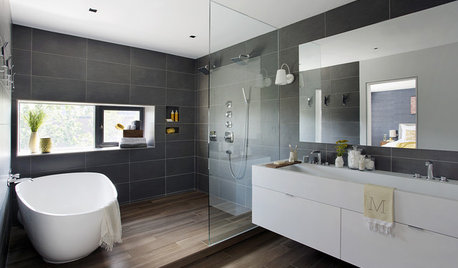
SHOWERSYour Guide to Shower Floor Materials
Discover the pros and cons of marble, travertine, porcelain and more
Full Story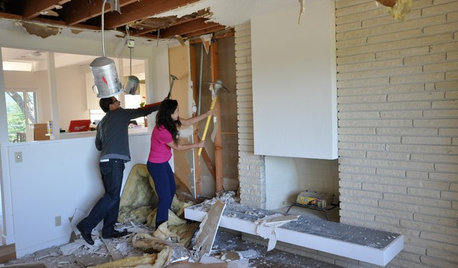
REMODELING GUIDESWisdom to Help Your Relationship Survive a Remodel
Spend less time patching up partnerships and more time spackling and sanding with this insight from a Houzz remodeling survey
Full Story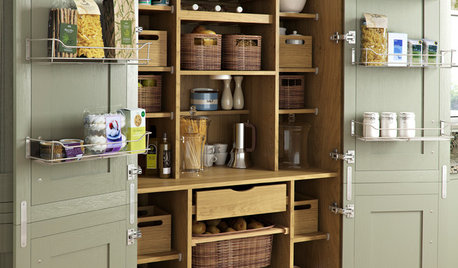
KITCHEN PANTRIES80 Pretty and Practical Kitchen Pantries
This collection of kitchen pantries covers a wide range of sizes, styles and budgets
Full StoryMore Discussions






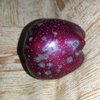
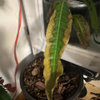
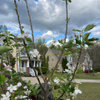
mes111
olpea
Related Professionals
Allen Landscape Architects & Landscape Designers · Quincy Landscape Architects & Landscape Designers · White Oak Landscape Architects & Landscape Designers · Alexandria Landscape Contractors · Manchester Landscape Contractors · Cambridge Landscape Contractors · Centereach Landscape Contractors · Darien Landscape Contractors · Ellicott City Landscape Contractors · Huntington Landscape Contractors · Pine Hills Landscape Contractors · San Carlos Park Landscape Contractors · Secaucus Landscape Contractors · South Farmingdale Landscape Contractors · The Woodlands Landscape Contractorsbamboo_rabbit
olpea
charina
alan haighOriginal Author
alan haighOriginal Author
bamboo_rabbit
olpea
ericwi
alan haighOriginal Author
jagchaser
drew51 SE MI Z5b/6a
alan haighOriginal Author
riverman1
bamboo_rabbit
alan haighOriginal Author
drew51 SE MI Z5b/6a
bamboo_rabbit